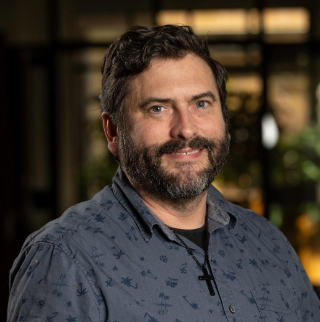 The main goal of my library makerspace is to support and promote literacy. Those literacies include traditional literacies like reading, writing, and research, but also include supporting students in digital literacy, coding literacy, and making. My main goal is still to get kids to love books and reading. I see the makerspace as an extension of that. When students start inventing and creating, they often need to refer back to other projects and research.
The main goal of my library makerspace is to support and promote literacy. Those literacies include traditional literacies like reading, writing, and research, but also include supporting students in digital literacy, coding literacy, and making. My main goal is still to get kids to love books and reading. I see the makerspace as an extension of that. When students start inventing and creating, they often need to refer back to other projects and research.
Innovative Approach to Literacy
 Novel Engineering is one way to promote literacy and making. Developed by Tufts University through a grant from the National Science Foundation, this is an innovative approach to integrate engineering and literacy at the elementary and middle school levels. Projects are designed around books that teachers choose. These are generally trade books with interesting plots, rich characters and detailed descriptions of the setting. As they read the text, students are prompted to identify problems faced by characters in the text and decide if these problems could be addressed with a product or process that they could design in the classroom.
Novel Engineering is one way to promote literacy and making. Developed by Tufts University through a grant from the National Science Foundation, this is an innovative approach to integrate engineering and literacy at the elementary and middle school levels. Projects are designed around books that teachers choose. These are generally trade books with interesting plots, rich characters and detailed descriptions of the setting. As they read the text, students are prompted to identify problems faced by characters in the text and decide if these problems could be addressed with a product or process that they could design in the classroom.
When choosing picture books to match with maker activities, I consider these questions:
- Does the book inspire student imagination?
- Can I design an age-appropriate, fun maker activity for this story?
- Can this story and maker project extend the classroom learning?
- How much time do we need for this activity? Is one class period enough? If not, where can we store works in progress?
- Do the story and activity support our school’s mission, in terms of character development, diversity, ecology, collaboration, etc.?
Fostering STEM Skills

This approach has provided a unique way to get students excited about both reading and problem solving. The main goal is to encourage students to imagine, create and build on their ideas, fostering development of STEM skills. Novel Engineering has added a new dimension of literacy to our library!
Kim Keith is a librarian at the M. E. Small Elementary School in the Dennis-Yarmouth Regional School District. Follow her on Twitter @capecodlibrary
 Print this post
Print this post



